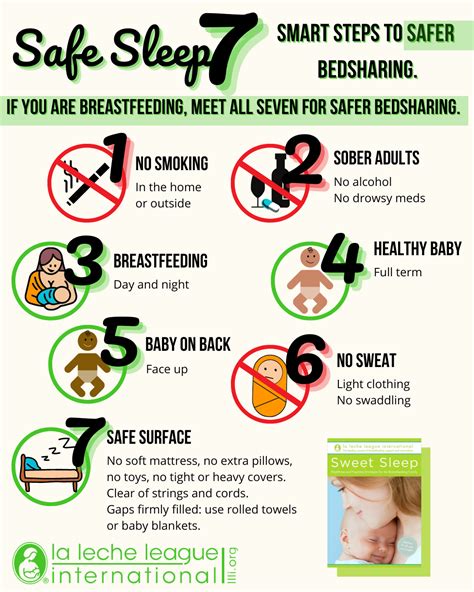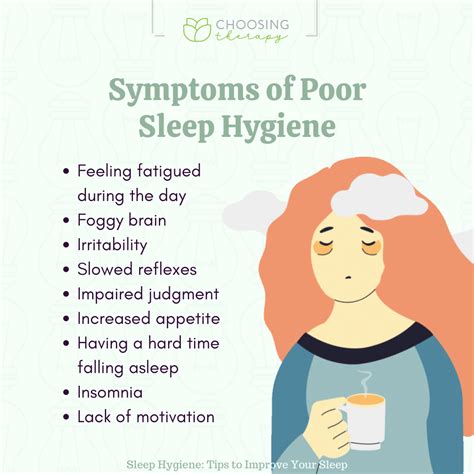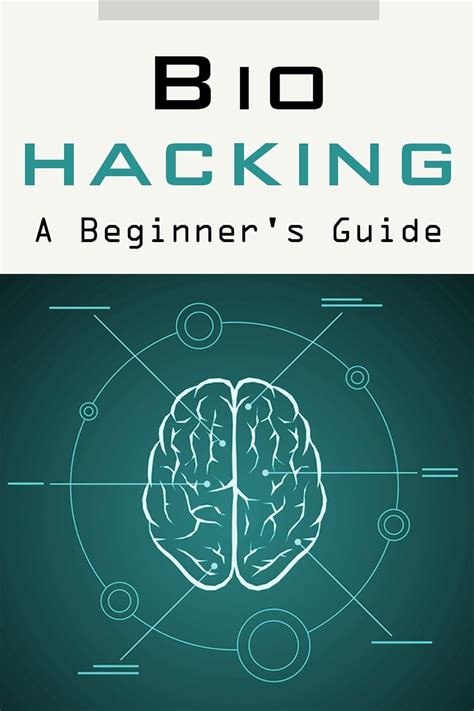Beyond melatonin, what sleep hacks guarantee optimal male recovery & cognitive edge?

The Quest for Superior Male Sleep & Performance
For men aiming for peak physical recovery, mental sharpness, and overall vitality, sleep is not merely a downtime; it’s a foundational pillar. While melatonin has become a common go-to for many struggling with sleep onset, it often serves as a superficial fix, failing to address the deeper physiological and environmental factors that truly dictate the quality of restorative sleep. This article delves into science-backed sleep hacks and advanced strategies that move beyond basic supplementation, empowering men to unlock superior recovery and a formidable cognitive edge.

The Foundations: Why Sleep is Non-Negotiable for Men
High-quality sleep is intrinsically linked to male hormonal health, muscle repair, and neurological function. During deep sleep, the body produces critical hormones like Human Growth Hormone (HGH) for tissue repair and testosterone, vital for energy, mood, and strength. Insufficient or poor sleep can lead to decreased testosterone, impaired muscle synthesis, compromised immune function, and a significant drop in cognitive abilities, affecting decision-making, focus, and emotional regulation. It’s not just about ‘getting enough hours,’ but ensuring those hours are genuinely restorative.
Moving Beyond Melatonin: A Deeper Dive into Natural Rhythms
Melatonin, while helpful for regulating circadian rhythms, particularly during jet lag or shift work, doesn’t always guarantee deep, regenerative sleep. Its primary role is to signal the body that it’s time to sleep, but it doesn’t directly induce or maintain the crucial deep REM and non-REM cycles necessary for true recovery. The goal should be to optimize the body’s natural melatonin production and its ability to transition through all sleep stages efficiently.
Environmental Mastery: Crafting Your Sleep Sanctuary
Your bedroom environment plays a monumental role in sleep quality. Optimizing it is often the first, most impactful step:
- Temperature Control: Aim for a cool room, ideally between 60-67°F (15-19°C). A slightly cooler core body temperature facilitates sleep onset and maintenance.
- Total Darkness: Even minimal light exposure can disrupt melatonin production. Invest in blackout curtains, use an eye mask, and cover any LED lights in the room.
- Sound Management: Eliminate disruptive noises. This might mean earplugs, a white noise machine, or even a fan to create a consistent, soothing background hum.

Nutritional Nudges & Timing Techniques
What and when you eat significantly impacts sleep chemistry:
- Micronutrient Support: Ensure adequate intake of Magnesium (muscle relaxation, nerve function), Zinc (testosterone, immune), and B Vitamins. Consider supplements like Apigenin (chamomile extract) or L-Theanine (green tea amino acid) for relaxation.
- Smart Snacking: Avoid heavy meals, excessive caffeine, and alcohol close to bedtime. If you need a snack, opt for something small and carbohydrate-rich with some protein, like a banana with a tablespoon of almond butter, which can aid tryptophan conversion.
- Tart Cherry Juice: A natural source of melatonin and anti-inflammatory compounds, it can be beneficial for sleep, especially after intense physical activity.

Circadian Synchronization & Lifestyle Adjustments
Aligning with your body’s natural clock is paramount:
- Morning Sunlight Exposure: Get 10-30 minutes of natural light exposure (ideally outdoors) within an hour of waking. This signals your body to wake up and helps set your circadian rhythm for the day, improving nighttime melatonin release.
- Consistent Schedule: Go to bed and wake up at roughly the same time every day, even on weekends. Consistency reinforces your body’s internal clock.
- Exercise Timing: Regular exercise improves sleep quality, but intense workouts too close to bedtime can be counterproductive. Aim to finish strenuous exercise at least 3-4 hours before sleep.
- Stress Management: Chronic stress elevates cortisol, which can keep you wired. Incorporate mindfulness practices, meditation, deep breathing, or journaling into your daily routine to de-stress.

Advanced Biohacks for Deep Recovery
For those looking to push the boundaries of sleep optimization, these strategies offer an extra edge:
- Red Light Therapy: Exposure to red and near-infrared light (often from specialized devices) before bed may support cellular repair, reduce inflammation, and improve mitochondrial function, potentially enhancing sleep quality.
- Grounding/Earthing: Spending time barefoot on natural surfaces (grass, soil, sand) or using grounding mats can connect you to the Earth’s natural electrical charge, which some research suggests can improve sleep and reduce inflammation.
- HRV Tracking: Monitoring Heart Rate Variability (HRV) through wearables can provide insights into your body’s recovery status and nervous system balance. A higher HRV generally indicates better recovery and readiness for stress, helping you tailor your sleep and recovery protocols.

Conclusion: A Holistic Path to Peak Performance
Achieving optimal male recovery and a formidable cognitive edge extends far beyond a simple melatonin pill. It requires a holistic, multi-faceted approach that addresses environmental factors, nutrition, lifestyle, and even cutting-edge biohacks. By integrating these strategies, men can cultivate a sleep environment and routine that naturally optimizes their physiology, leading to profound improvements in physical performance, mental clarity, and overall well-being. It’s an investment in your health that pays dividends in every aspect of life.









